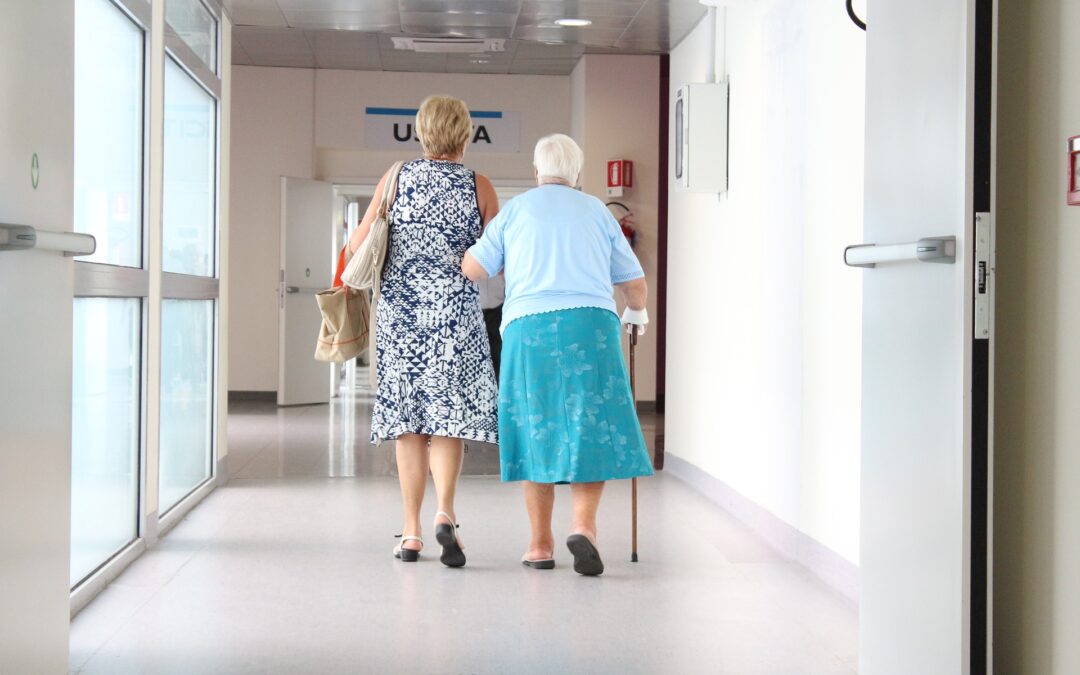Where we started:
In 2013 I started my journey in home care in Minnesota and in 2017 our practice moved south to North Carolina. I met my husband and it’s amazing where love and the changing seasons of life will take you. Since then we have doubled in size and as a small, female-owned business we pride ourselves in giving our staff opportunities and our clients care that goes beyond bedside manner and fosters change in their daily lives. Since we started, it’s always been our goal to promote a mindset of inner strength. Whether that be working with one another in the office or with our clients in their homes.
Encouragement is a huge part of taking care of yourself both mentally and physically and we strive to promote that mindset in our team and in the care we provide to our clients.
To celebrate Women’s History Month, we want to dedicate this blog post to talking about our caregivers and what in-home caregiving looks like in application.
The caregivers who make us strong:
The ladies on our team are the secret ingredient to making things run smoothly. They allow our clients to feel a sense of security and provide an anchor when the healthcare system gets confusing.
Since the start of the pandemic, it’s been our job as a team to evaluate new ways to provide safety to both the client and the caregiver, as well as allowing our clients the peace of mind in knowing that we can continue to administer care in the privacy of their home without the means of a nursing facility.
Our certified nurses and highly qualified companions have been trained to deal with any situation related to caregiving. Emergency medical situations and any specificities tailored to the client’s care plan are very important to all of us and our caregivers are trained to make sure they’re diligently followed.
What is in-home caregiving and what does it look like at HHH & CC?
According to dictionary.com, the definition of caregiving is “the activity or profession of regularly looking after an individual in need of daily assistance.” For us, we focus on working with anyone above the age of 18 and specialize in care for those 65+.
Striving to provide proper care is something we pride ourselves in. We want the people we work with to feel invigorated with joy when they see us and secure in knowing that we will do everything in our power to make sure they are given the highest quality care.
How we provide care to our clients:
- Private duty nursing
- Infusion therapy
- Companionship
- In-home aide
What’s the difference between professional caregiving and caregiving from a family member?
We’re often asked what it looks like to give care in a private setting via our caregivers versus care provided directly from the family of the loved one. For the loved one it’s the security of building a relationship with someone who is completely dedicated to their care plan, whether it be during the day, night time or over the weekend.
From a professional standpoint, we can provide a care plan that is custom to the individual, and in many cases, it provides a sense of relief to the family of the loved one because they know we’re here.
Some proper caregiving techniques you can do at home, right now:
- Look for ways to prevent falls.
- Find ways to engage your loved one, intellectually.
- Create an environment that’s free of clutter.
- Make sure all medications are properly labeled and stored at the correct temperature.
- Speak to your loved one about their needs and how you can assist them.
- Take a course in CPR
Who do we care for?
- Open-minded individuals who are willing to receive care.
- People who are motivated to say healthy.
- Kind and caring individuals who are happy to see us at each visit.
- Anyone above the age of 18 who needs assistance.
- Those suffering from short-term (surgical or recent developments) or chronic conditions.
- Individuals suffering from cancer or a terminal illness
- Anyone who wishes to age in the comfort of their home
When should I consider professional caregiving?
It’s important to consider caregiving when:
- Your loved one is no longer able to care for themselves.
- Your loved one wishes to remain in the privacy of their home.
- You are unable to be there for your loved one during the day/night/weekends.
- You feel that their quality of life would be better if they had assistance.
- You need assistance with your loved one at least a few hours during the week.
- Your loved one has recently been diagnosed with an illness.
- Your loved one has recently been discharged from the hospital.
- Your loved one has very specific care needs.
- Your loved one is nearing the end of their life.
- Your loved one has a physical or mental handicap.
How can you reach us?
- You can reach us by phone at 919-998-6452 or fill our contact form on the contact page of our website or by emailing us at info@hannahcares.com
- You can also find us on Facebook at Hannah’s Home Health & Care Consulting

